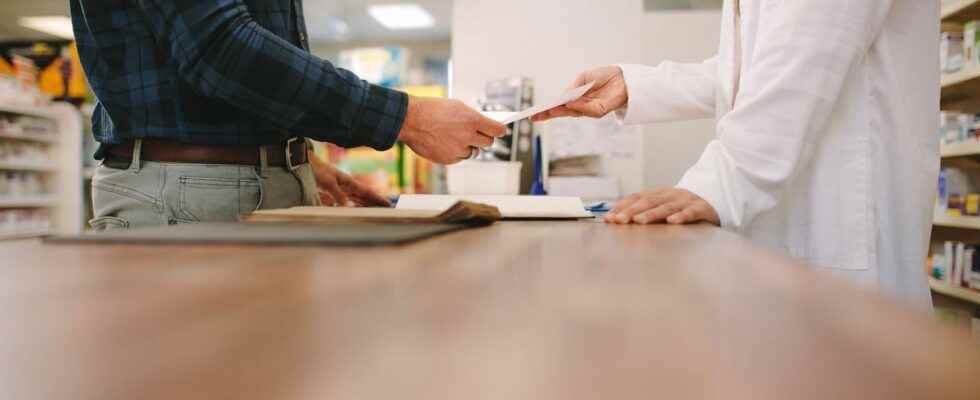Published on
Updated
Reading 2 mins.
Faced with the increase in fraud concerning the most expensive drugs on the market, a measure strengthening the pharmacist’s verification missions is on the agenda.
A check on drug prescriptions over 300 euros
Little mentioned in the general public, drug fraud is nevertheless a major problem: more and more traffic is organized to resell expensive anti-cancer or anti-hepatic drugs abroad, with the health and financial risks that this entails. induces, as mentioned on the Ameli site:
- Medical risks incurred by patients in the event of medication without prior prescription and without specific therapeutic monitoring given the toxicity of certain products;
- Potential shortages of certain drugs;
- A financial loss on the expenses of the Health Insurance.
To overcome this problem, a measure strengthening the verification missions of the pharmacist is established within the framework of the new pharmaceutical agreement. This measure, applied since October 24, now requires pharmacists to systematically check the authenticity of prescriptions for drugs whose price exceeds 300 euros.
The approach put into practice in pharmacy
In practice, the pharmacist will now have to spend more time determining the source of the prescription when the drug is over 300 euros.
- If he knows the patient or the prescriber, the authentication is immediate; Failing this, he verifies the prescription by consulting, on the one hand, the verification grid and, on the other, the database of false prescriptions (being rolled out).
- If he was unable to conclude that there was a false prescription during the first checks, he must check the compatibility of the prescription with the patient’s care pathway, by consulting the reimbursement history and the medical reports.
- The prescription then receives a mention, “Secure delivery” if the prescription is validated, before sending a copy to the Health Insurance. If the prescription is fraudulent, the pharmacist refuses delivery and writes “Refusal of delivery” on the prescription and sends a copy to the medical service.
Special cases :
- For prescriptions issued by a liberal healthcare professional or employee of a healthcare centre, if the information is lacking to verify the source, the pharmacist delivers the minimum packaging associated with the treatment and continues his checks: he can in particular contact the healthcare professional health.
- When it is a digital prescription, the authenticity is assured and the pharmacist is not required to carry out these checks.
